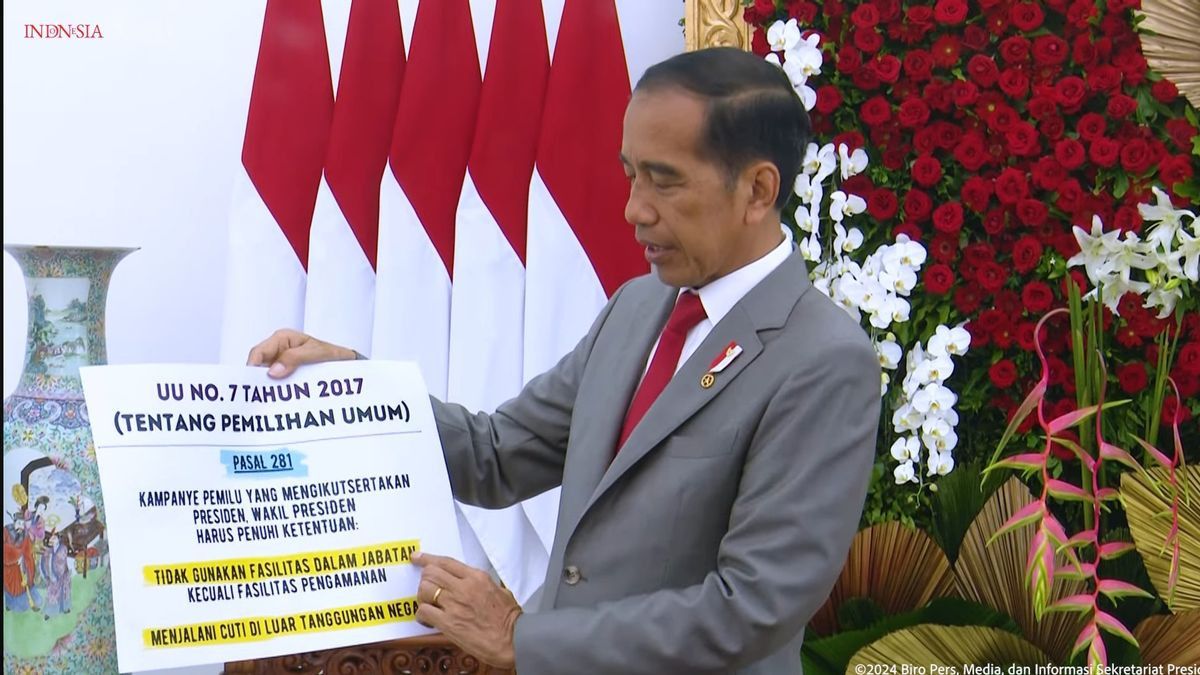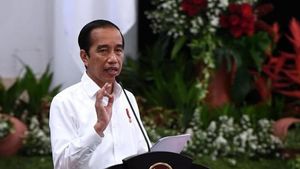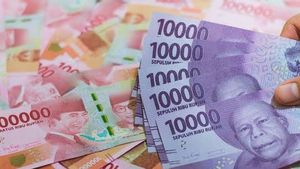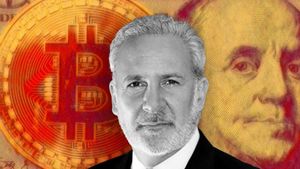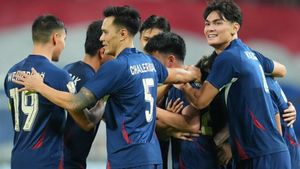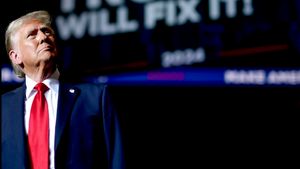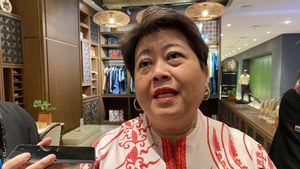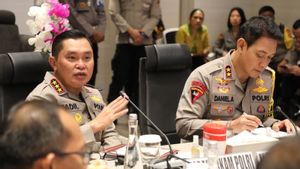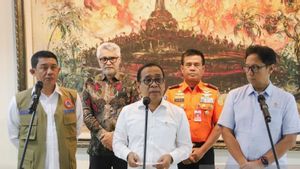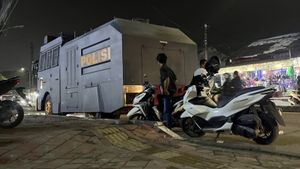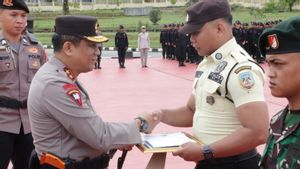President Jokowi sparked debate when he stated that the President should be involved in political campaigns. Even though it refers to the Election Law, this statement has caused polemics in society. As is known, President Jokowi did not compete in this year's election because he had served two terms. So, how should we evaluate this controversial statement?
First, let's examine the legal basis for the President's statement. The Election Law does allow the President's involvement in the campaign. However, the question arises: is the President's participation in the campaign in accordance with the spirit of democracy which should be transparent and fair?
Some parties argue that the President's involvement in the campaign can influence political dynamics and give unfair advantages to the parties he supports. Critics highlight the potential for abuse of the authority and influence wielded by a President, which could undermine the integrity of elections and create inequality in the political process.
However, there is also a view that President Jokowi's statement is more of an effort to educate democracy rather than a detrimental action. According to Gen. Ret. Moeldoko, Chief of Staff to the President, said the statement aims to provide understanding to the public about the active participation of leaders in the political process. However, the question is, is society ready to accept this kind of democratic concept?
In this context, the view of presidential candidate number 3, Ganjar Pranowo, that the Regent may also campaign, which supports the President's statement, raises the question of whether this is in accordance with the spirit of holding clean and democratic elections. Is it true that active intervention by a President can increase people's political participation and understanding, or does this actually carry the risk of corruption of democratic values that should be upheld?
Presidential candidate number 2, Prabowo Subianto, also spoke by emphasizing the importance of adhering to the rules. However, the debate regarding political ethics between Jokowi and SBY adds to the complexity of this issue. Vice presidential candidate number 1, Muhaimin Iskandar (Cak Imin) asked President Joko Widodo (Jokowi) to learn from the 6th President Susilo Bambang Yudhoyono (SBY) about neutrality in elections. If President Jokowi sides with one of the candidate pairs, Cak Imin will be asked to take leave immediately.
SEE ALSO:
Please understand that public opinion is not uniform in responding to the President's statement. There are those who consider this to be legitimate because it does not violate the law and the president has political rights, while other parties are concerned about the potential for abuse of power.
Likewise with Muhammadiyah's request for Jokowi to withdraw his statement. This organization emphasizes the urgency of maintaining the President's neutrality so as not to interfere with the democratic process which should be independent. This problem becomes more complicated when referring to Articles 299 and 281 of Law Number 7 of 2017 which were quoted by Jokowi. Does the substance of this law really provide permission or only provide limited space?
Ultimately, we are faced with a fundamental question: Does the President's involvement in the campaign truly support a healthy democracy, or should we be skeptical of the potential for abuse of power? President Jokowi's statement is a test for society to collectively reflect on the essence of democracy that is desired and pursued.
The English, Chinese, Japanese, Arabic, and French versions are automatically generated by the AI. So there may still be inaccuracies in translating, please always see Indonesian as our main language. (system supported by DigitalSiber.id)
